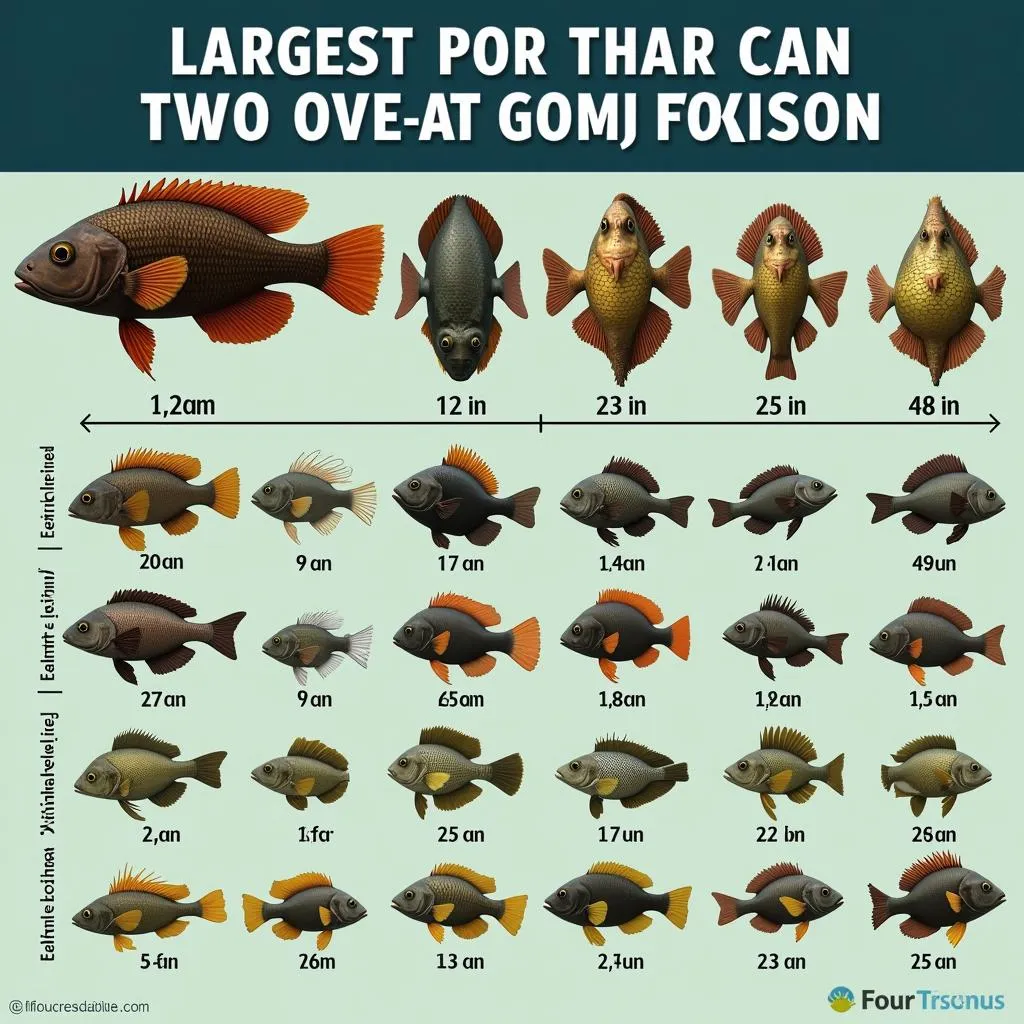African Fisher Birds: Masters of the Rivers and Lakes
African Fisher Birds are a fascinating group of avian predators, perfectly adapted to a life intertwined with the continent’s diverse waterways. These skilled hunters play a vital role in the delicate balance of African ecosystems, from the vast wetlands of the Okavango Delta to the rushing currents of the Zambezi River. Their diverse feeding strategies and specialized adaptations make them a captivating subject for bird enthusiasts and nature lovers alike. Let’s delve into the intriguing world of these feathered fishers.
A Diverse Group of Fish-Eating Specialists
The term “African fisher birds” encompasses a variety of species, each with its unique hunting techniques and preferred prey. Some of the most well-known include the iconic African Fish Eagle, with its piercing call and impressive wingspan, the agile Pied Kingfisher, known for its dramatic plunge dives, and the stealthy herons, patiently stalking their prey in shallow waters. Other remarkable species include the Goliath Heron, the world’s largest heron, and the African Darter, also known as the snakebird due to its slender, snake-like neck. These birds have evolved specialized adaptations, such as sharp talons, hooked beaks, and waterproof feathers, to thrive in their watery hunting grounds. For those interested in learning more about the African Fish Eagle’s diet, this link provides valuable information: African fish eagle diet.
Hunting Strategies and Adaptations
African fisher birds display a remarkable range of hunting strategies. The African Fish Eagle, for instance, soars high above the water, scanning for fish before plummeting down with astonishing speed and accuracy to snatch its prey from the surface. Kingfishers, on the other hand, employ a different tactic, hovering above the water and then diving headfirst to capture fish with their sharp beaks. Herons, with their long legs and necks, patiently wade through shallow water, waiting for the opportune moment to strike. They utilize their sharp beaks like spears to impale unsuspecting fish. These specialized hunting techniques allow each species to exploit different niches within the aquatic ecosystem, minimizing competition and maximizing their chances of success.
What do African fisher birds eat?
The diet of African fisher birds primarily consists of fish, as their name suggests. However, their prey can vary significantly depending on the species and their specific habitat. Some fisher birds, like the African Fish Eagle, specialize in larger fish, while others, like kingfishers, may target smaller fish, crustaceans, and even insects. The African Kookaburra, although not strictly a fisher bird, also occasionally preys on aquatic life. You can learn more about this fascinating bird here: African kookaburra. The availability of prey plays a crucial role in determining the distribution and abundance of these birds, highlighting their importance as indicators of ecosystem health.
The Importance of African Fisher Birds in the Ecosystem
African fisher birds play a critical role in maintaining the health and balance of aquatic ecosystems. As apex predators, they help regulate fish populations, preventing overgrazing of aquatic plants and maintaining biodiversity. Their presence also indicates the overall health of the water bodies they inhabit, serving as a valuable tool for conservation efforts. The intricate relationships between these birds, their prey, and the environment underscore the interconnectedness of life in Africa’s diverse ecosystems.
Threats and Conservation Efforts
Unfortunately, many African fisher birds face increasing threats from habitat loss, pollution, and overfishing. As human populations grow and development expands, wetlands and other aquatic habitats are being destroyed or degraded, impacting the survival of these birds. Conservation efforts are crucial to protect these magnificent creatures and their fragile ecosystems. These initiatives include habitat restoration, pollution control, and sustainable fishing practices. Furthermore, raising awareness about the importance of these birds and their role in the environment is essential for fostering a sense of responsibility and promoting conservation action. Do you know about the regulations regarding hand-feeding mix for these birds? Check out this insightful article: African fisher bird hand feeding mix.
Conclusion
African fisher birds represent a remarkable group of avian predators, adapted to thrive in the diverse aquatic environments of the continent. Their fascinating hunting techniques, specialized adaptations, and crucial role in the ecosystem make them a captivating subject of study. By understanding the importance of these birds and the threats they face, we can work towards ensuring their continued survival and the preservation of Africa’s rich biodiversity. The fascinating world of African fisher birds awaits further exploration, offering endless opportunities for discovery and appreciation. You might also be interested in learning about invasive species, such as the African catfish: African catfish species invasion class 12 biology.
FAQ
- What is the largest African fisher bird? The Goliath Heron is the largest African fisher bird.
- How does the African Fish Eagle hunt? It soars high above the water and then dives to snatch fish with its talons.
- Are all kingfishers fisher birds? Most are, but some species also eat insects and other small animals.
- Why are African fisher birds important? They help regulate fish populations and maintain ecosystem health.
- What are the main threats to African fisher birds? Habitat loss, pollution, and overfishing are the primary threats.
- What can be done to protect African fisher birds? Conservation efforts include habitat restoration, pollution control, and sustainable fishing practices.
- Where can I learn more about African fisher birds? Numerous resources are available online and in libraries.
Need help? Contact us 24/7: Phone: +255768904061, Email: kaka.mag@gmail.com, Address: Mbarali DC Mawindi, Kangaga, Tanzania.


